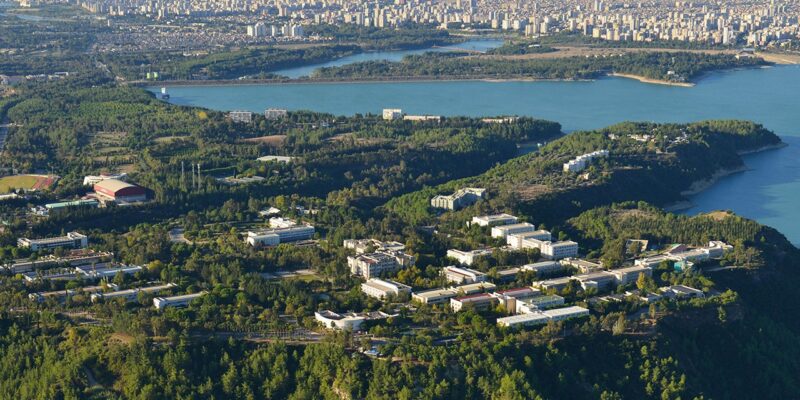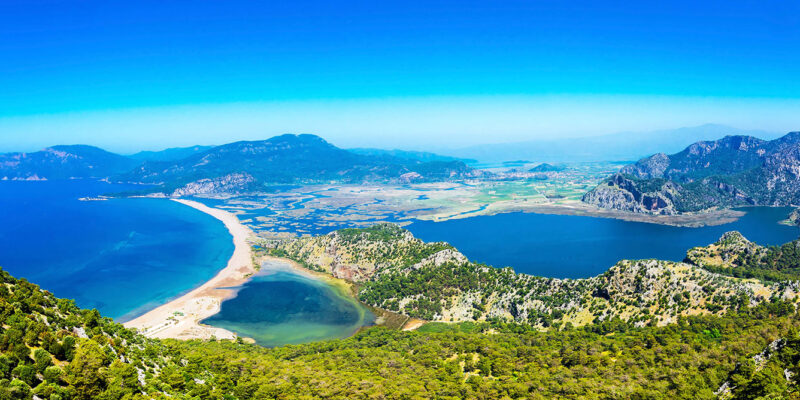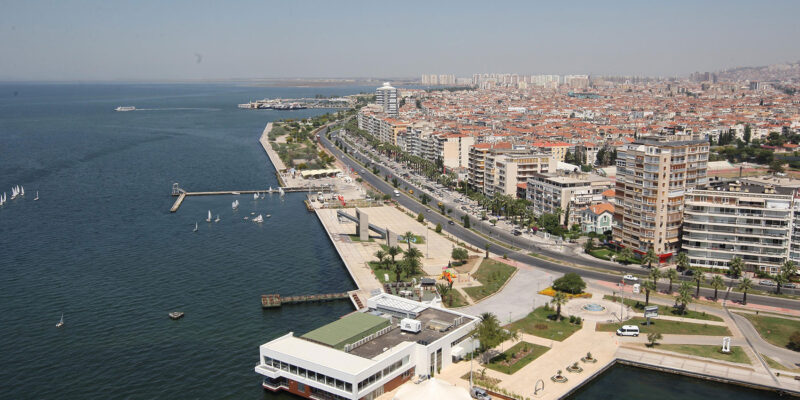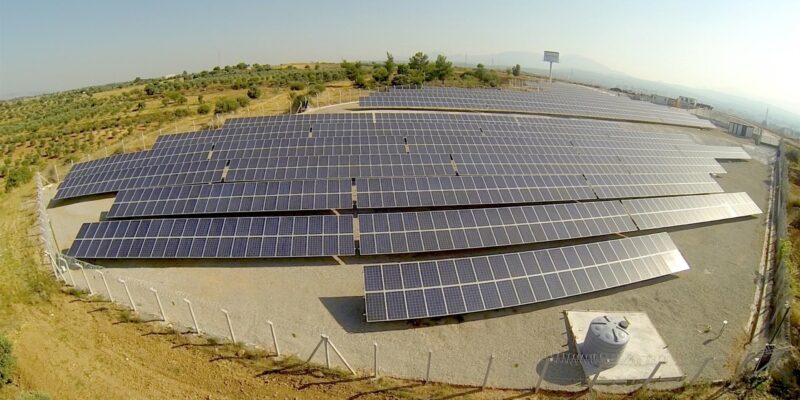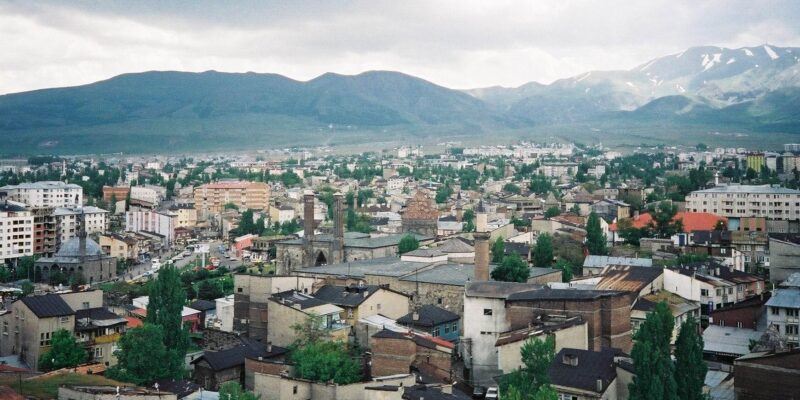“Cukurova Critical Infrastructure Risk Assessment Project” carried out in cooperation with Cukurova Development Agency (CKA) and the World Bank was supported by Acclimatise Group Ltd, GTE and a team of Turkish risk assessment, risk management and sectoral experts. In the project, which was completed in 2018, it was aimed to evaluate the risks arising from natural hazards faced by the critical energy and transportation/logistics infrastructures in the Cukurova Region, to develop suggestions for increasing the resilience of the critical infrastructure and to direct the investments in this sense as a result of the project.
This study has shown that sea floods and heat waves, the effects of which are exacerbated as a result of climate change, are the most important natural hazards for critical energy and transportation/logistics facilities in the region, both today and in the future. Important principles have been determined for the national and regional policy makers and private sector actors in Turkey to increase the resilience of critical infrastructure.
